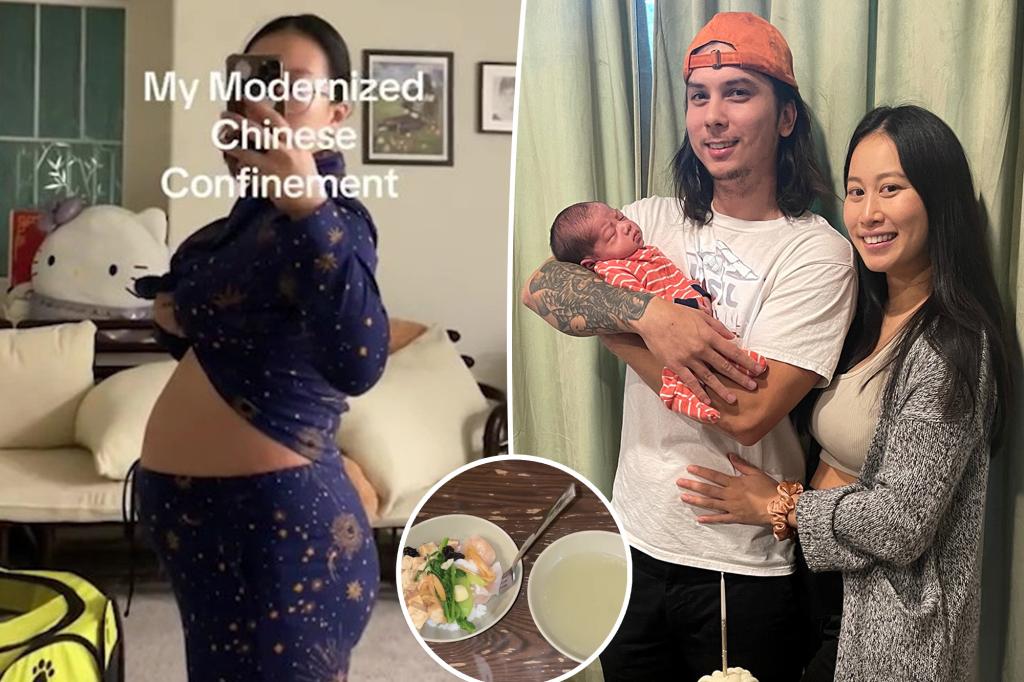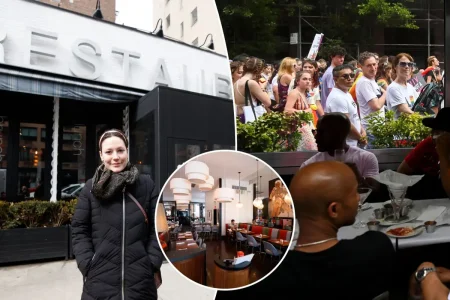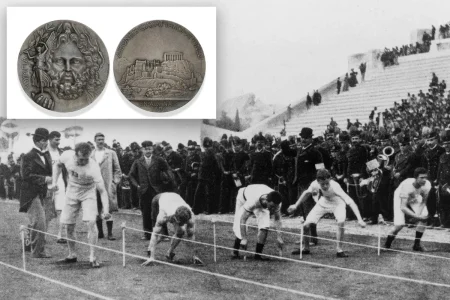Postpartum confinement, a time-honored tradition rooted in Chinese culture, emphasizes rest and recovery for new mothers during the first 30 days after childbirth. Amy Nguyen, a 30-year-old first-time mother residing in Sacramento, California, embraced this practice following the birth of her son, Tommy. While adhering to the core principle of staying home and focusing on recuperation, Amy incorporated modern adaptations to suit her lifestyle. This blend of tradition and modernity allowed her to honor her Chinese heritage while addressing the practicalities of modern life. The confinement period, she felt, proved invaluable in facilitating her physical and emotional recovery from childbirth.
Amy’s confinement experience involved a live-in nanny who played a crucial role in her recovery. The nanny, sourced through the Chinese social media platform MiChat, prepared all of Amy’s meals, encouraged her to rest, and assisted with newborn care. This support system allowed Amy to dedicate her energy to healing and bonding with her son, free from the demands of household chores and meal preparation. The constant encouragement to rest ensured Amy prioritized her physical recovery, a central tenet of traditional postpartum confinement. The presence of the nanny also provided invaluable assistance with Tommy’s care, allowing Amy to navigate the challenges of new motherhood with greater ease. The dynamic between Amy, her husband, and the nanny required an initial adjustment period, but they soon established a comfortable routine.
Traditional postpartum confinement practices often discourage showering due to concerns about exposure to cold. Amy, however, adapted this aspect of the tradition by incorporating warm ginger herbal water rinses after her showers. This allowed her to maintain hygiene while adhering to the principle of avoiding cold. She also ensured her hair was dried immediately to prevent chills. These modifications demonstrated Amy’s commitment to honoring the spirit of the tradition while adapting it to fit her modern lifestyle. Her approach highlights the evolving nature of cultural practices and the ability of individuals to personalize traditions while preserving their underlying essence.
Amy’s decision to undergo postpartum confinement stemmed from a desire to connect with her Chinese heritage and honor the practices passed down through generations. Growing up in the United States, Amy found opportunities to engage with her cultural heritage less frequent than if she had been raised in China. Embracing postpartum confinement provided a tangible link to her roots, offering a deeper understanding of her family’s cultural background. While acknowledging the traditional aspects of confinement, Amy also recognized the importance of adapting the practice to suit her individual needs and modern context. This personalized approach emphasized the importance of respecting tradition while allowing for flexibility and individual interpretation.
The presence of the nanny significantly contributed to the success of Amy’s confinement experience. The nanny’s consistent support and encouragement allowed Amy to prioritize rest and recovery, crucial elements of the postpartum period. The shared responsibility of childcare also eased the burden on Amy and her husband, enabling them to adapt to parenthood more gradually. Having the nanny handle meal preparation eliminated the stress of cooking and ensured Amy received nutritious meals tailored to her postpartum needs. This comprehensive support system allowed Amy to focus solely on her well-being and her baby’s care, fostering a positive and restorative environment.
As the confinement period draws to a close, Amy anticipates navigating the challenges of parenthood without the constant support of the nanny. She is eager to re-engage with the outside world, enjoying simple pleasures such as going for walks and socializing with friends and family. While acknowledging the adjustments that lie ahead, Amy expresses confidence in her ability to manage the responsibilities of motherhood with her husband. She reflects on the confinement period as a valuable time of rest and recuperation, acknowledging the crucial role it played in her transition to motherhood. The experience has left her feeling well-prepared and empowered to embrace the next chapter of her journey as a parent.















